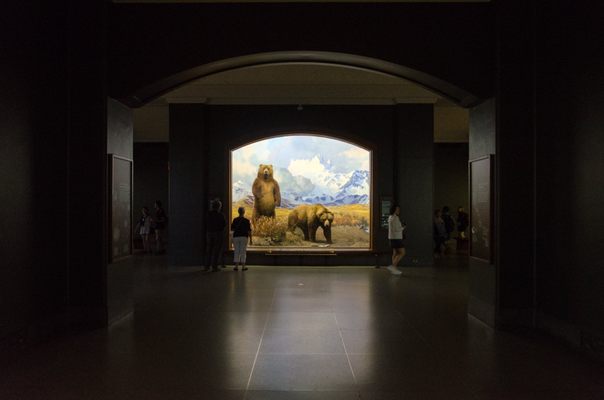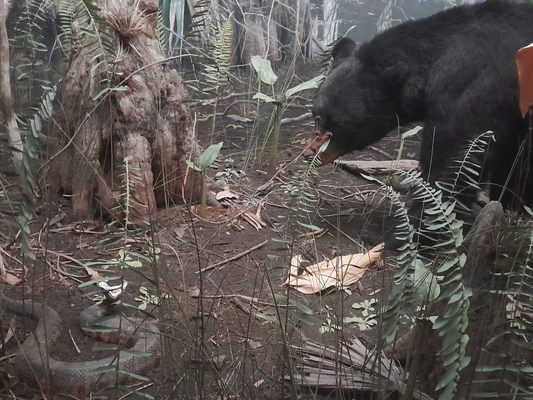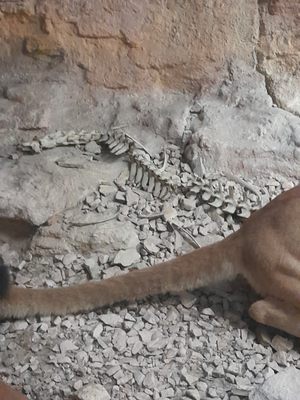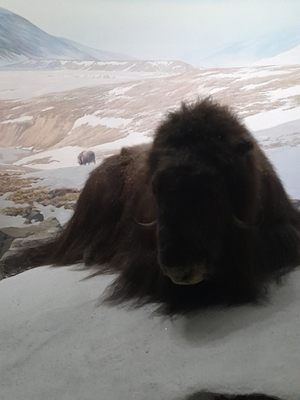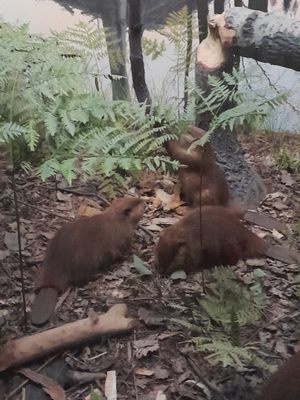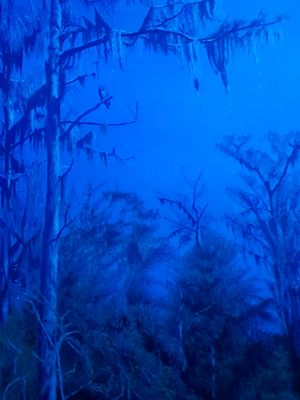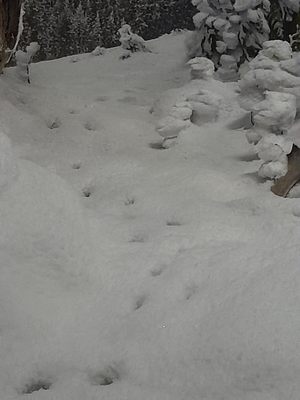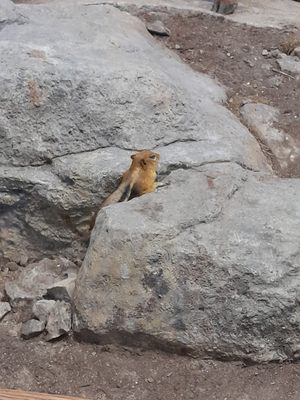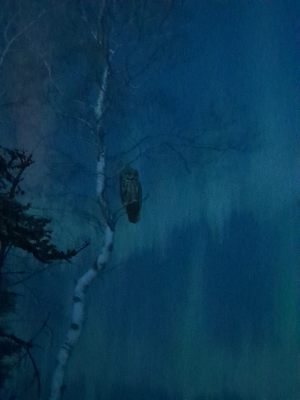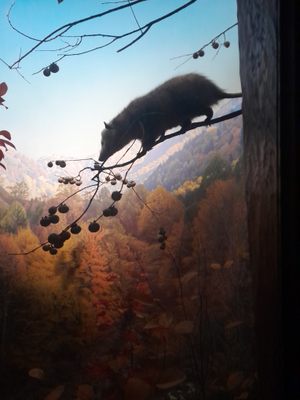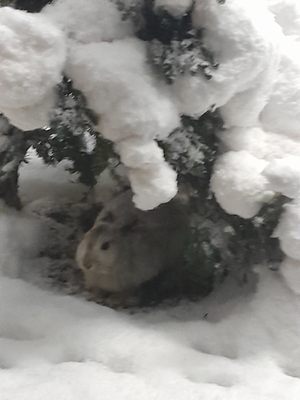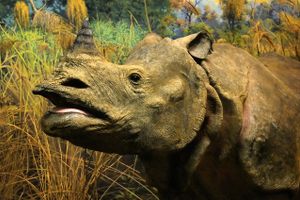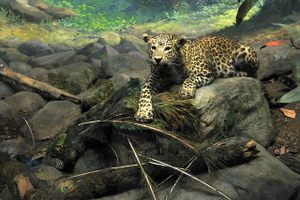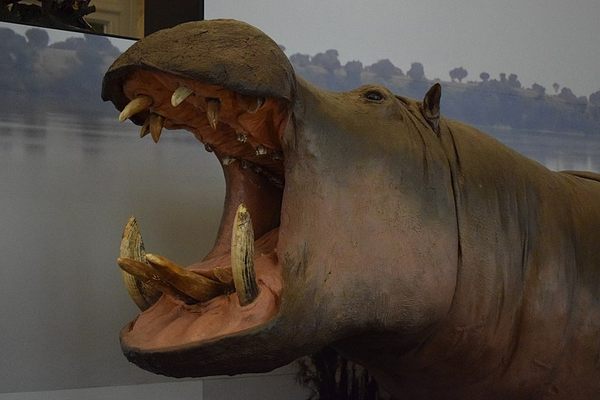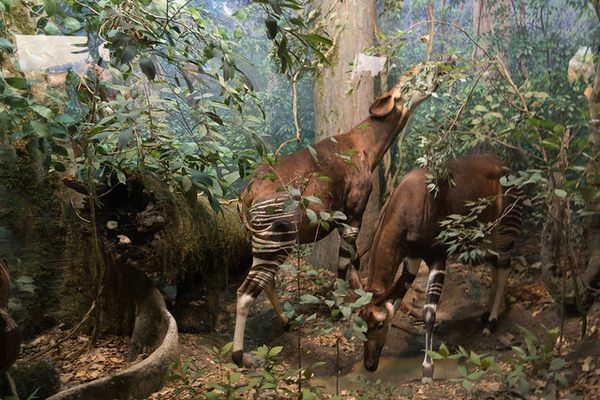About
The Hall of North American Mammals was first developed by the American Museum of Natural History in the late 1930s, which commissioned the master taxidermist Robert Rockwell to produce a gallery of dioramas. When it finally opened to the public in 1942, the hall became a sensation with visitors who were able to glimpse the grandeur of the continent's nature and wildlife through these remarkable creations.
There are over 45 dioramas in the hall displaying different mammal species native to Canada, the United States, and Northern Mexico, and are all standalone works of art. Each diorama captures a snapshot of a moment frozen in time, drawn forth from the imagination or recollections of taxidermists, artists, and scientists.
These long-dead animals are modeled in lifelike poses of arrested animation that are so spookily realistic it almost seems as if they could suddenly come back to life and smash through the glass. There are herds of enormous bison grazing phlegmatically on the dry grass of a sunbaked prairie, a climactic clash between two bull moose in a conifer forest, and a group of bighorn sheep at rest on an outcrop with the spectacular backdrop of the Rocky Mountains.
But it is perhaps the dioramas that portray the great North American predators that are the most impressive. Here are packs of timber wolves bounding across the snow in pursuit of prey under a night sky illuminated by the hallucinatory colors of the aurora borealis. A jaguar prowls over boulders as a pastel-colored dawn unfolds across an Arizona canyon, and a pair of hulking grizzly bears swagger menacingly across a windswept Alaskan tundra.
The drama of the lives of the smaller creatures of North America are also captured wonderfully. As you walk the hall and peer through the windows you may glimpse a diorama showing a family of armadillo feeding on an anthill, or a group of beavers gnawing through pine trees, or the midnight feast of a rogueish raccoon. Here too are the smaller carnivores such as coyotes uttering their mournful howls by a flowing river and a melancholy-looking wolverine surveying a barren landscape, to mention but a few. In recent years the hall has undergone a process of extensive renovation, and each of the dioramas has been painstakingly retouched by a team of museum conservationists.
Related Tags
Know Before You Go
The American Museum of Natural History is open from 10 a.m. to 5:45 p.m. every day. Entrance is free, but it is strongly recommended to contribute a small donation to the museum to help with its upkeep and outstanding scientific work. Be sure to check out the other sections of the museum such as the African and Asian mammal halls, where you can find more of what are widely considered to be the best taxidermy dioramas in the world.
Published
April 2, 2019
